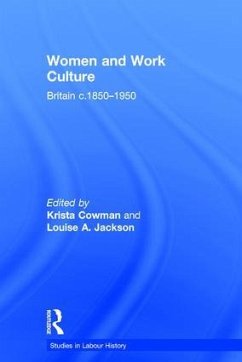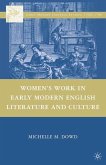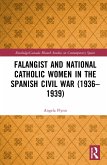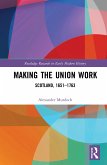Women's work has proved to be an important and lively subject of debate for historians. An earlier focus on the pay, conditions and occupational opportunities of predominantly blue-collar working-class women has now been joined by an interest in other social groups (white-collar workers, clerical workers and professionals) as well as in the cultural practices of the work place, reflecting in part the recent 'cultural turn' in historical methodology. Although the term 'culture' is debated and contested, this volume reflects this diversity, addressing a variety of interpretations. The individual essays address such issues as how women have created occupational and professional identities, negotiated masculine working practices (cultural, legal and institutional) and created their own 'feminine' environments. They also examine the integration of paid work with domestic responsibilities, the concept of 'career' for women, and the construction and representation of women's work within the wider cultural landscape.' By focusing on the experiences of British women between c.1850 and 1950, the collection vividly demonstrates that the association of 'work' with paid labour is problematic and that the categories of 'work', 'leisure' and 'consumption' must be viewed as overlapping and inter-linked rather than as separate entities. Furthermore, it highlights the ways in which the concept of gender operated as an organising principle in the construction and negotiation of identities and practices in British society.
Hinweis: Dieser Artikel kann nur an eine deutsche Lieferadresse ausgeliefert werden.
Hinweis: Dieser Artikel kann nur an eine deutsche Lieferadresse ausgeliefert werden.








